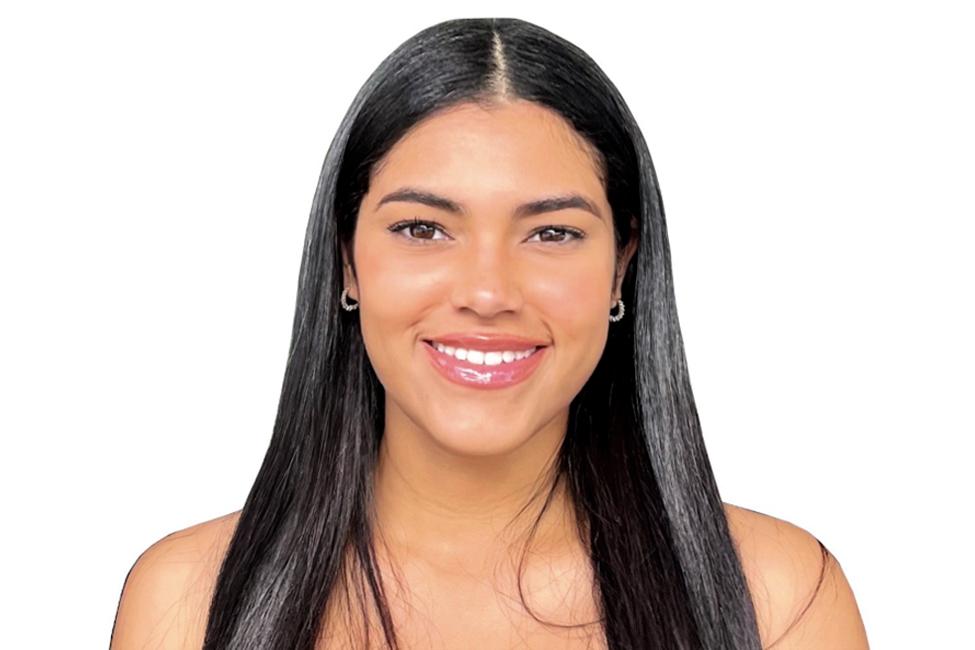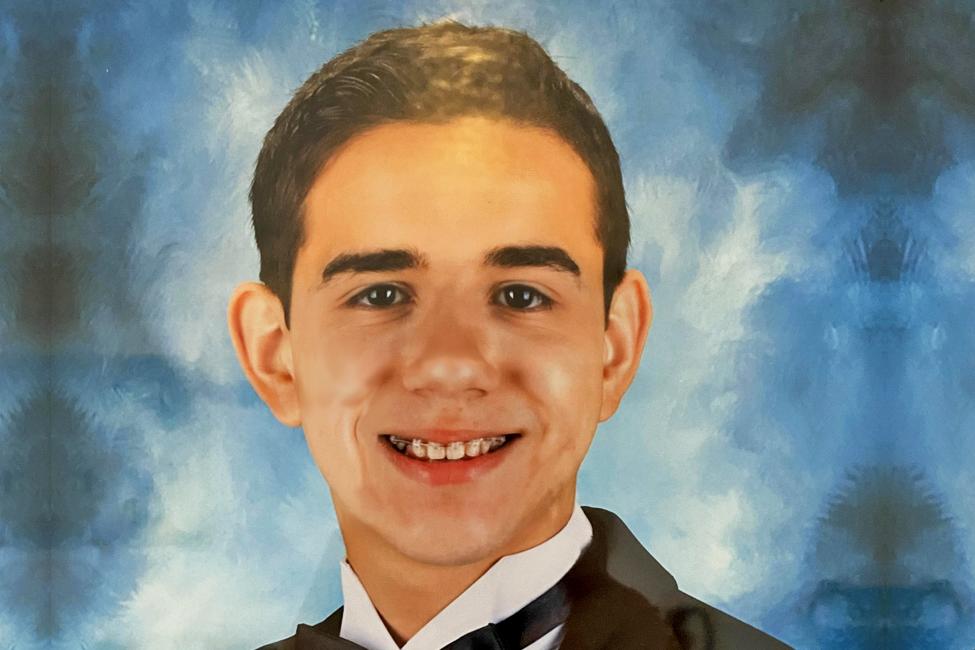Advancing Research in Biomimetic Underwater Devices
by Zade Gray and Dr. Oscar M. Curet | Tuesday, Nov 01, 2022
Research and technology are advancing to another level at Florida Atlantic University. Oscar M. Curet is an associate professor at SeaTech, the Institute for Ocean and Systems Engineering located in Dania Beach. SeaTech was established in 1977 as a State-funded Type II Research Centre. Its goal is to provide an environment for advanced engineering research and technology development to solve ocean problems.
Dr. Curet does extensive and cutting-edge research in Biomimetic underwater devices and other research in Fluid dynamics and Hydrodynamics. Conventional systems use propellers to move underwater vehicles and boats. However, in nature, flexible fins are used instead of propellers. Through bio-inspired propulsion, Dr. Curet developed an underwater vessel with an undulated fin membrane for propulsion that allows the vessel to move forward, backward, vertical, and even hover. This advanced device uses hydrophones to hear and transmit a signal, cameras, and sensors to know the location to send alerts to complete a mission or travel to a target. Fish are very agile and graceful and can swim in many areas that are difficult for conventional propellers to maneuver. The researchers expect this propulsion will allow vessels to navigate in complex areas and coastal zones where current vessels cannot operate.

In the long term, the goal is to have multiple vessels (school of robotic fish) interacting, collaborating, sharing information, analyzing the interaction between them, moving together, and collaborating with different tasks. This vessel will monitor the ocean environment, the condition of the water, how fish swim and propel, and how to apply it to mechanical systems and the coastal stone, which are not fully understood. The water is significantly large, and communication is limited, so there is a need for these devices. One of the main motivations of Dr. Curet’s lab is Fluid Dynamics of Biological and Bio-Inspired systems, which is to use nature as an inspiration for engineering or mechanical systems. His next project entails the need to protect coastlines and coastal communities from natural disasters such as hurricanes, as they are vulnerable to storm surges. His research investigates mangroves for coastal protection and tries to understand what makes mangroves so resilient. In this project, he is looking forward to working/partnering with different researchers to create structures resembling mangroves and mimic their way of capturing CO2.
Dr. Curet is originally from Puerto Rico and has been teaching at FAU since 2013. He gained his Ph.D. in Mechanical Engineering from Northwestern University, Evanston, IL, in 2009. Oscar is part of the American Society of Mechanical Engineers (ASME), American Physics Society (APS), and Marine Technology Society (MTS).

Carlos states he enjoys the "Whole process between forming the questions or topics and then designing the experiment or physical systems to get an answer and test it. The excitement of figuring out the answers and learning something new we do not know." He teaches fluid dynamics, fluid mechanics, and thermodynamics. He also manages the senior design capstone project, where students work in teams and go through the design process while fabricating and tasking their systems. Most of the research is studied and applied by graduate students, and some start as undergraduates studying Mechanical engineering, Ocean engineering, or computer science, to name a few. These are open projects; welcome to all students interested in these kinds of research or who may want to do an independent study. Dr. Curet says that "students should try to be involved in research and work with different faculty and student groups to go beyond and apply their knowledge. Diversity and Innovation are highly encouraged to bring different perspectives and backgrounds to improve the research.
If you want more information, Dr. Curet participates in college open house research, where he presents the program and answers any questions for students interested in graduate school. If you have any further questions, you can e-mail Dr. Curet at ocuret@hzpshiyong.com.


